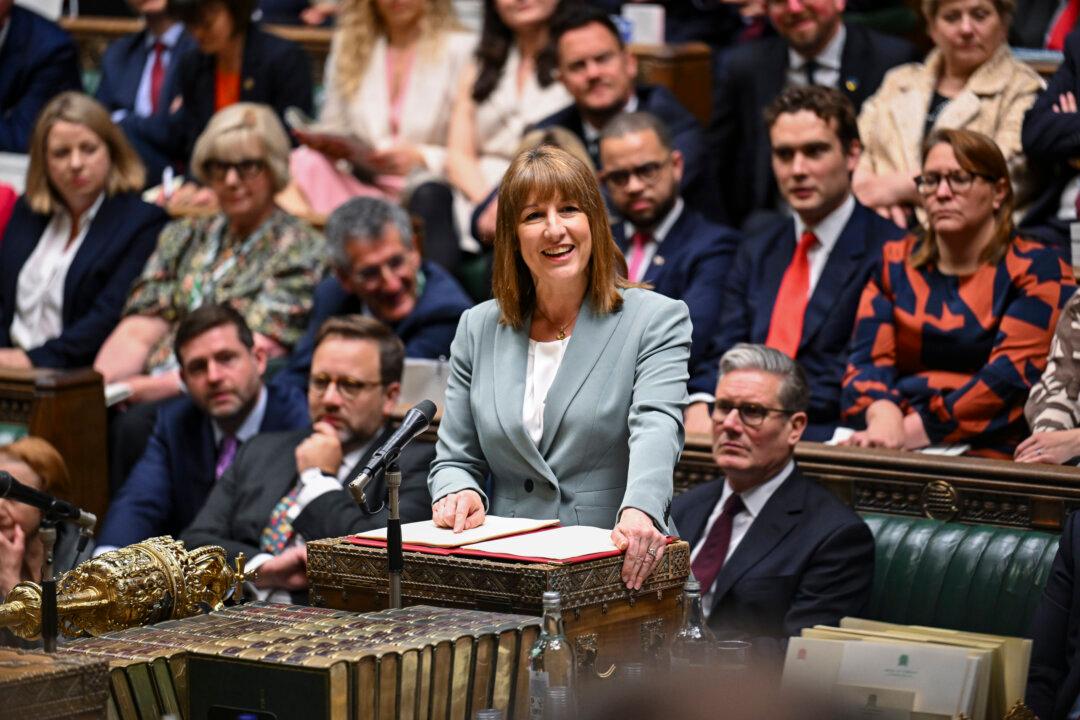At the core of the government’s plans to “renew Britain” is a £29 billion annual increase in NHS funding.
Some departments—like Environment, Food, and Rural Affairs and Culture, Media, and Sport—are facing day-to-day spending cuts. The Department of Energy Security and Net Zero is set to see its budget grow by a much smaller average of just 0.5 percent per year from 2025/26 to 2028/29.
Public transport projects in England’s city regions will see an investment of £15 billion, while defence spending will rise to 2.6 percent by April 2027, including for the intelligence agencies.
The government has also committed £2 billion to support the growth of “home-grown AI” and an additional £4.5 billion annually to the education budget.
Business leaders welcomed the £25.6 billion increase in resources to the British Business Bank, which Reeves said will back “Britain’s entrepreneurs and wealth creators.”
The British Retail Consortium applauded the announcement of an extra £2 billion for policing, amid growing concerns over shoplifting.
However, the Federation of Small Businesses (FSB) criticised the review for lacking focus on smaller enterprises.
The FSB Policy Chair Tina McKenzie said that while “small firms were not the focus today,” the government must prioritise growth reforms in the sector over the summer and through to the autumn.
Reeves also announced plans to end the use of asylum hotels during this Parliament, which is projected to save £1 billion per year. An additional £280 million annually by the end of the review period will be directed towards preventing illegal immigrant crossings.
A Summer of Speculation
Reeves said the budget boosts were “only possible” because of her decision to raise taxes in the previous Autumn Budget, reaffirming that her fiscal rules are “non-negotiable.”She criticised the previous government for creating a “£22 billion black hole in the public finances” and vowed to bring stability to the economy.
The Institute of Economic Affairs (IEA) argued that Reeves’s plans failed to address the so-called “fiscal black hole.”
“So we should brace ourselves for tax increases in the autumn, and a summer of speculation over exactly where they will fall,” the IEA said.
The Conservatives described the chancellor’s plan as “not worth the paper that it is written on.”
Shadow chancellor Mel Stride said Reeves has “completely lost control,” suggesting that tax hikes in the autumn are inevitable.
Economic Uncertainty
Economists cautioned that the government may not generate the necessary tax revenue to fund its commitments under Reeves’s fiscal rules without broader reforms and cuts to bureaucracy.Maxwell Marlow, director of public affairs at the Adam Smith Institute, said: “As the state continues to balloon in size, the government must remain vigilant in ensuring taxpayer money is spent wisely. Without reform, many of its plans risk becoming unsustainable.”
Targeted investments—particularly in transport and housing outside London and the southeast—could boost Labour’s political standing in areas where the party faces growing pressure from Reform UK. However, economists are uncertain whether the increased investment will generate enough growth and revenue to justify the outlay.
“The focus must now shift to delivery and avoiding the all-too-common project over-runs,” said IFS Director Paul Johnson.







